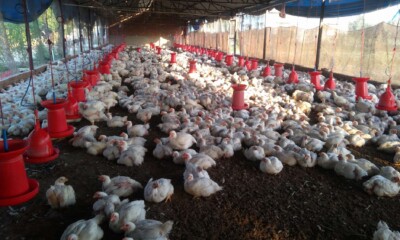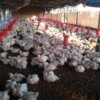Health
China records first human case of H3N8 bird flu
China has confirmed the first human case of the H3N8 strain of bird flu, but country’s health authority said there is a low risk of widespread transmission among people.
H3N8 avian flu is known to infect horses, ducks, seals, dogs, and cats but has not previously been detected in humans. H3N8 avian influenza was first recorded in 2002 in North American waterfowl like ducks, geese, and swans.
China’s National Health Commission on Tuesday said a four-year-old boy living in central Henan province tested positive for the strain after being hospitalised with a fever and other symptoms. The boy’s family raised chickens at home and lived in an area populated by wild ducks, it added. The NHC said the boy’s case was a “one-off cross-species transmission, and the risk of large-scale transmission is low”. The NHC also stated that it ran tests on the patient’s family and closest contacts and detected no abnormalities.
According to the US Centers for Disease Control, the H5N1 and H7N9 strains of bird flu, detected in 1997 and 2013, respectively, have been responsible for most cases of human illness from avian influenza.
Also Read: Flipkart signs MoU with Bengal govt to support artisans, weavers, handicraft makers
Human infections of zoonotic, or animal-borne, influenzas are “primarily acquired through direct contact with infected animals or contaminated environments, but do not result in the efficient transmission of these viruses between people”, according to the World Health Organisation.




































